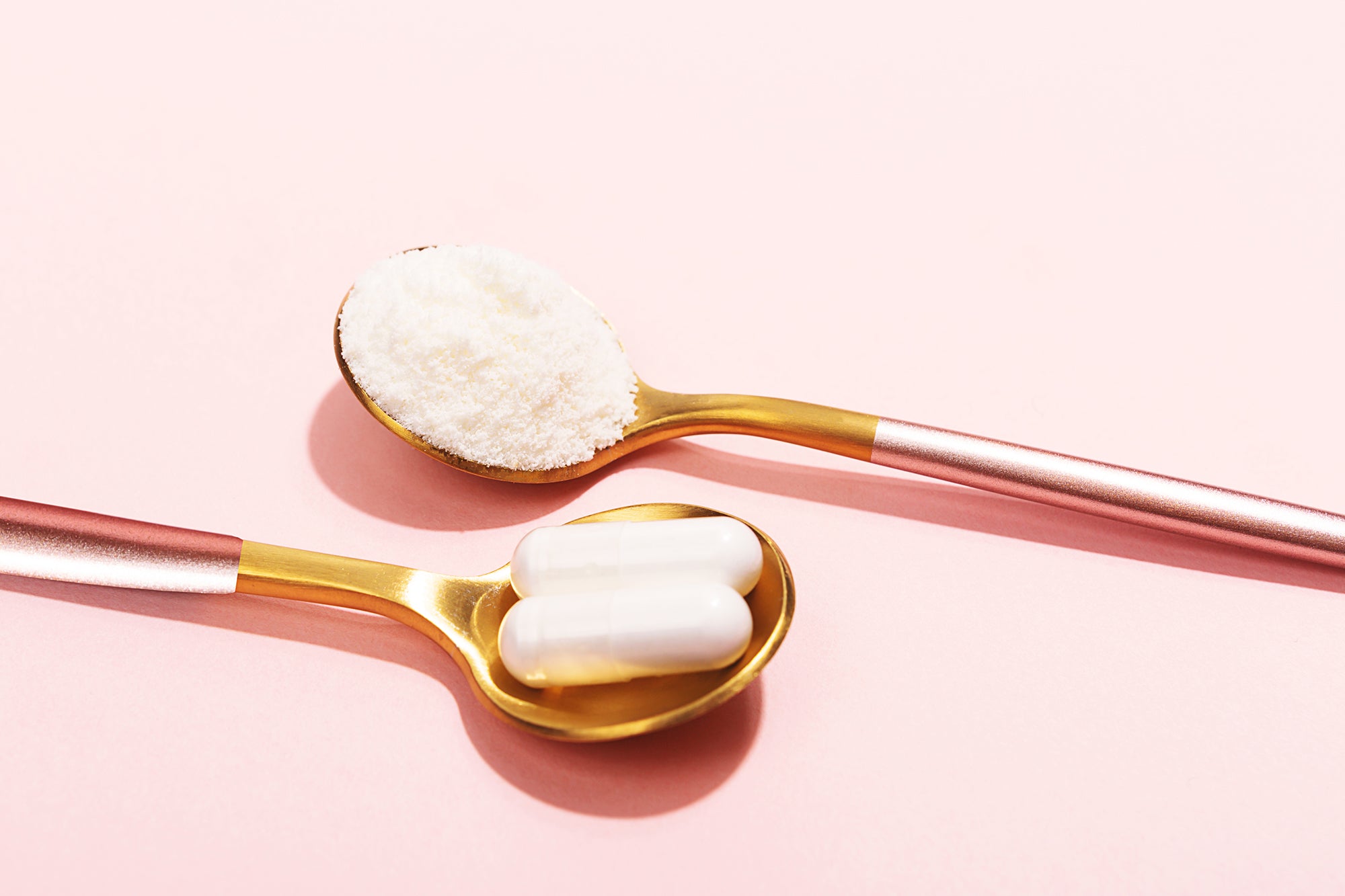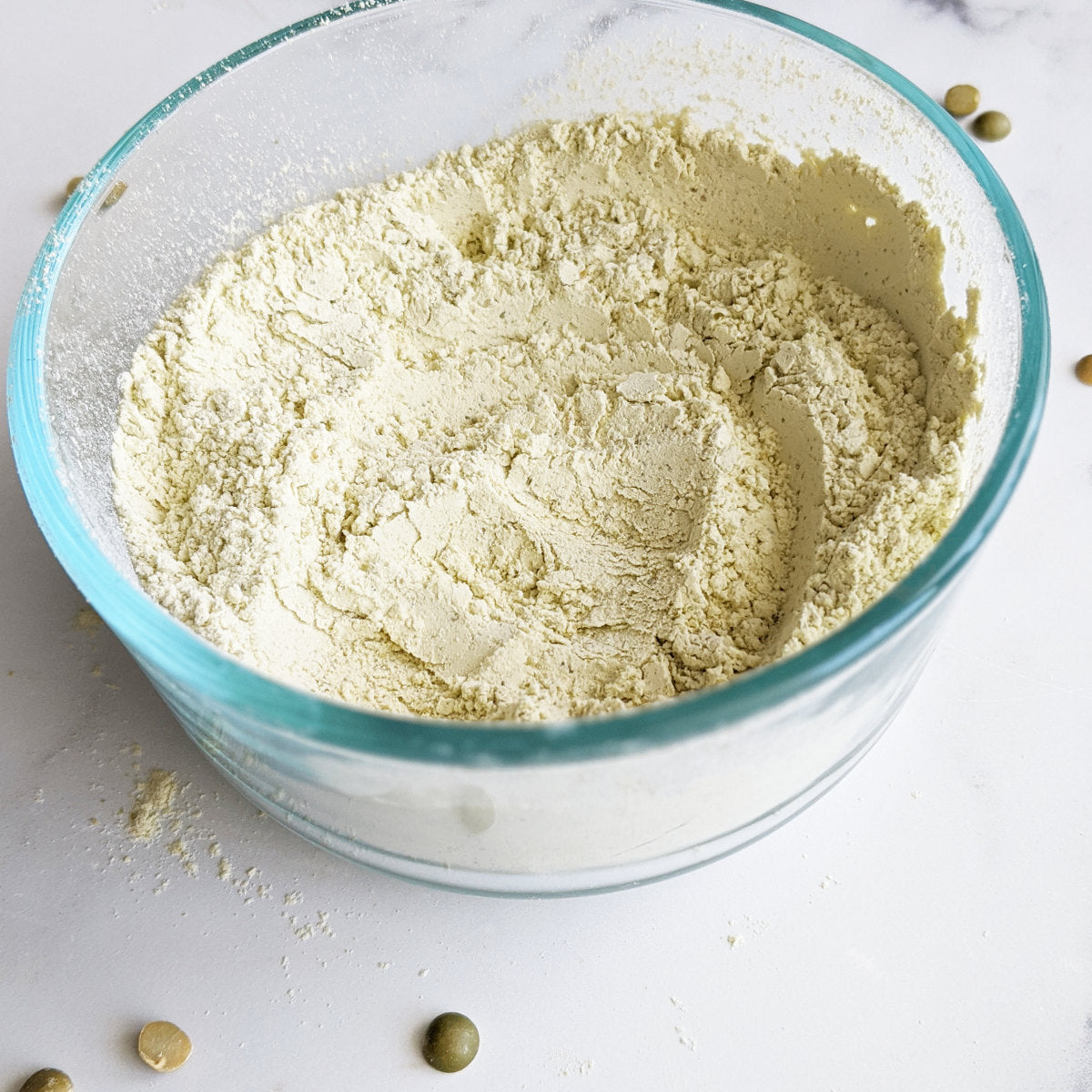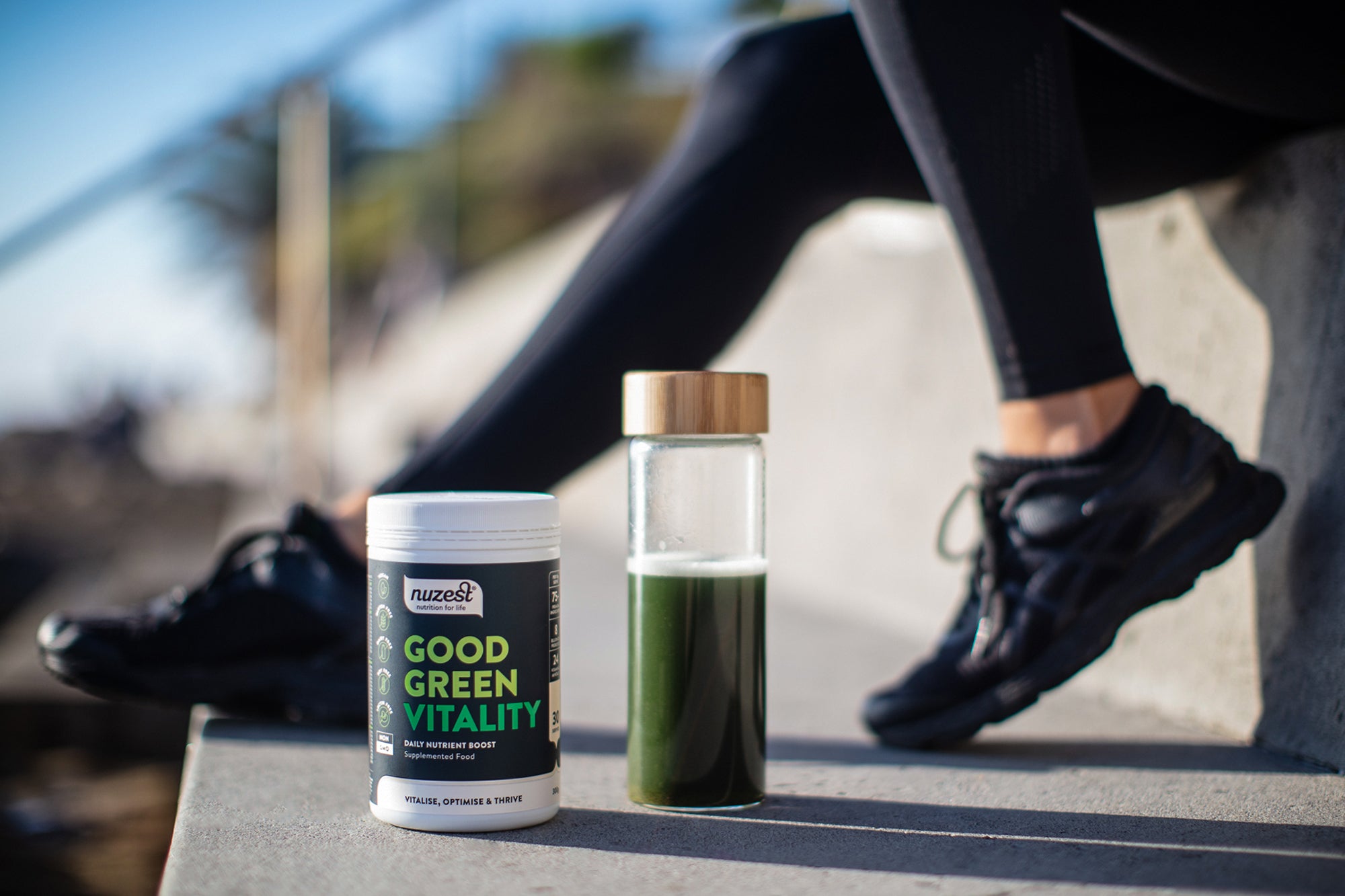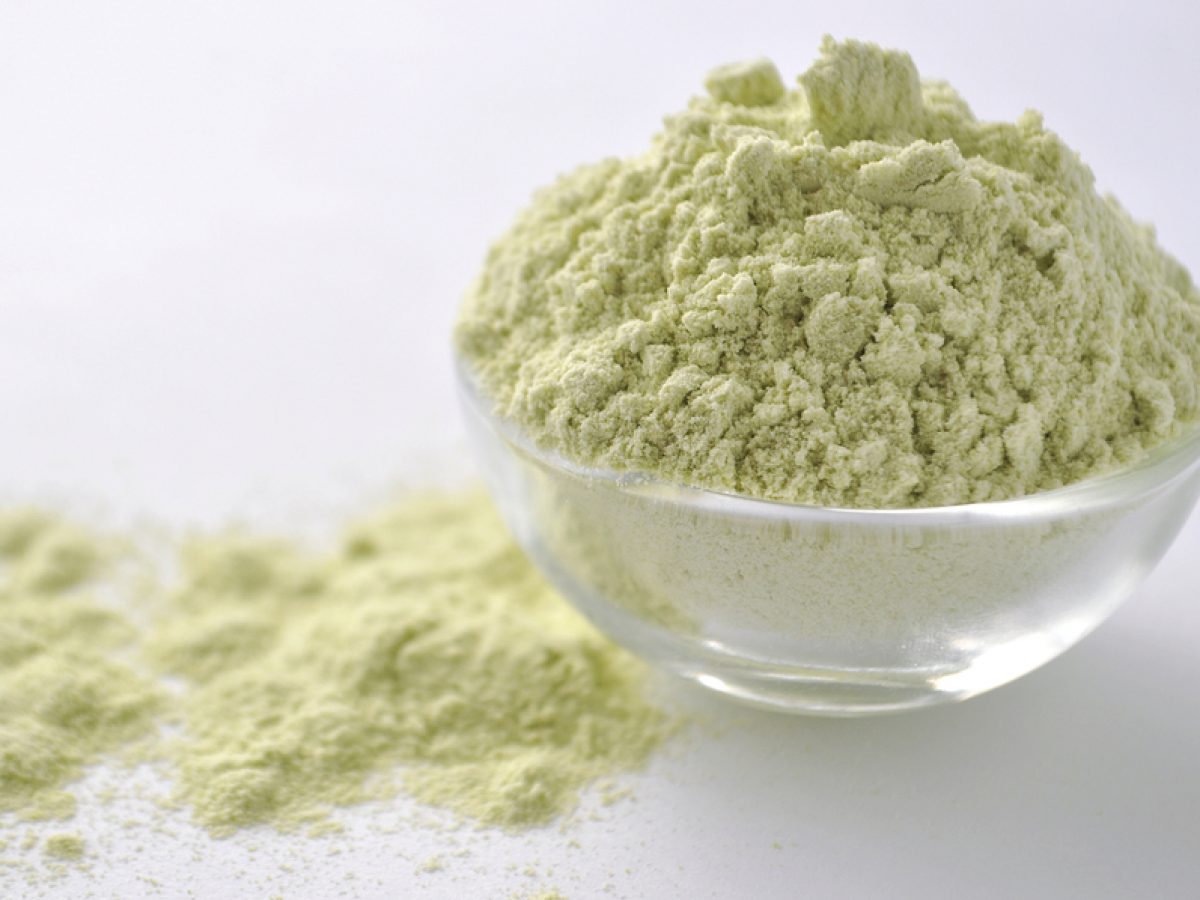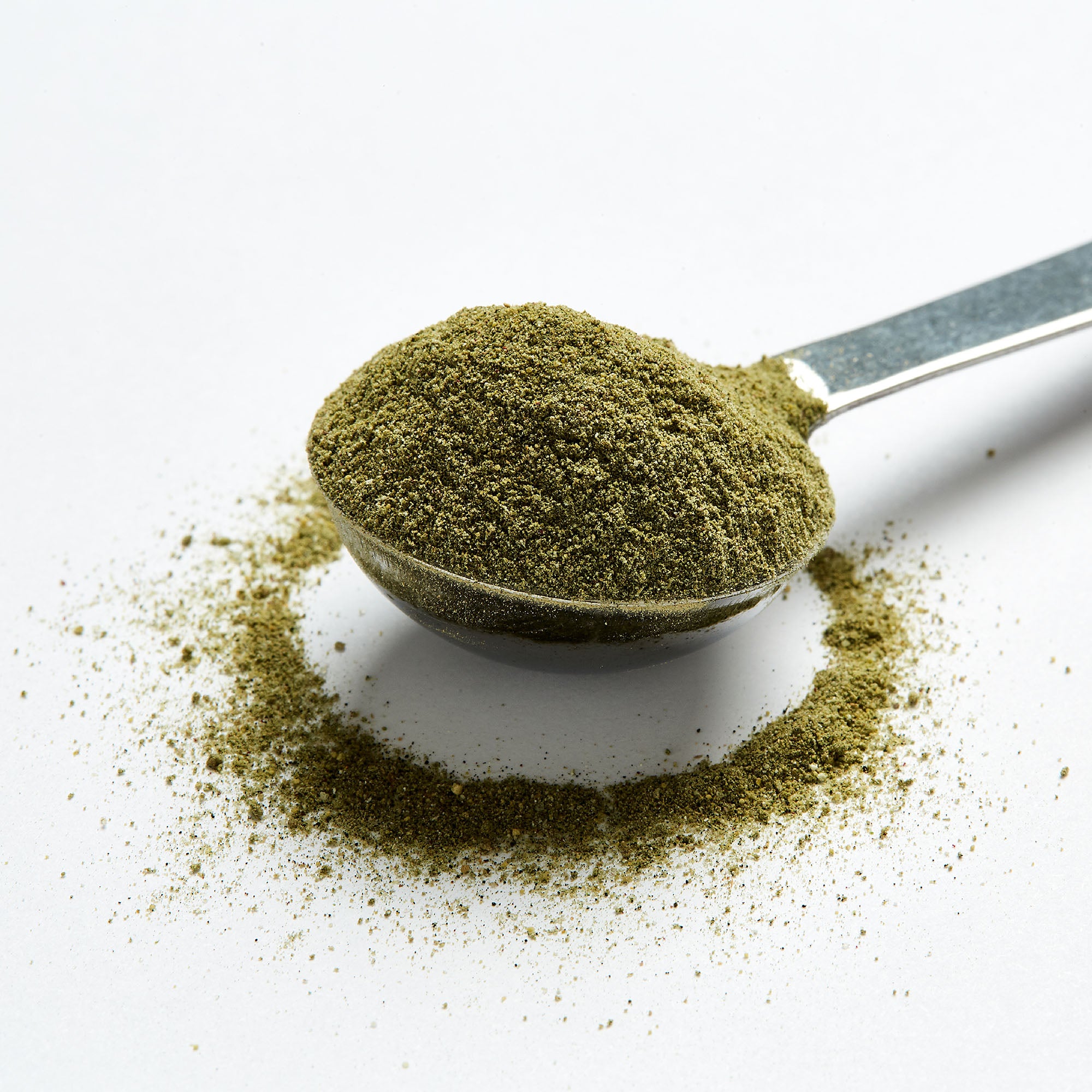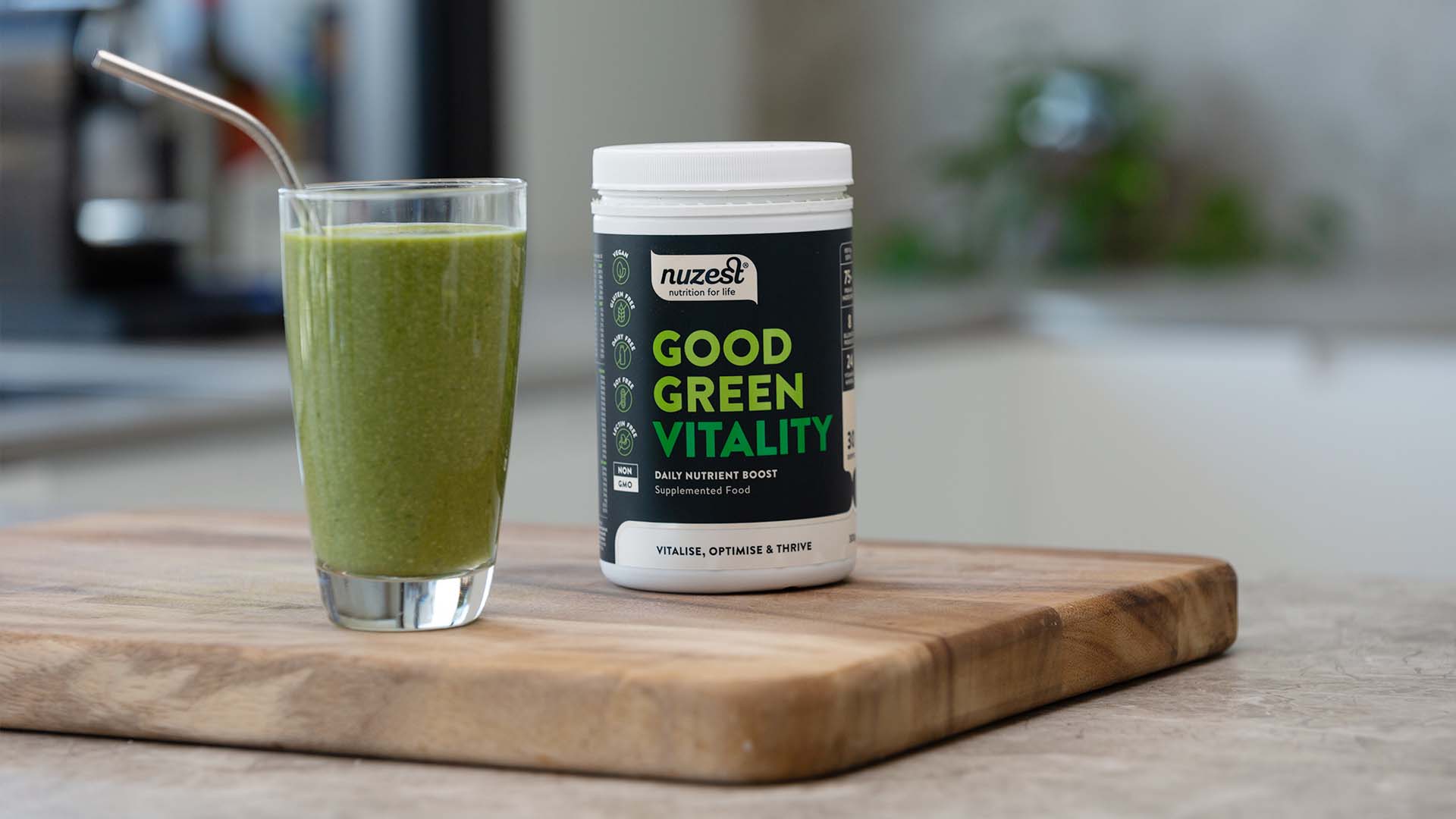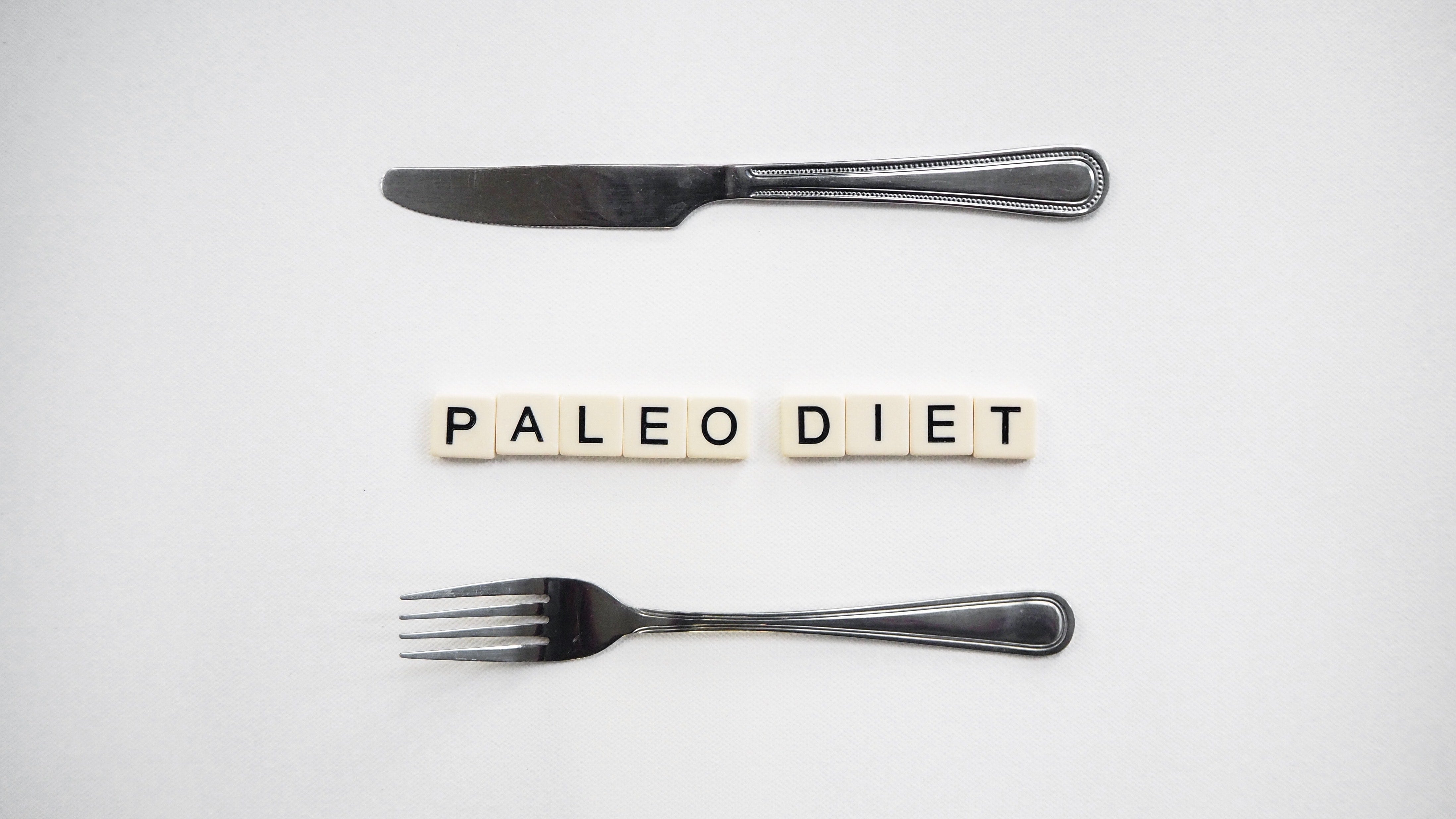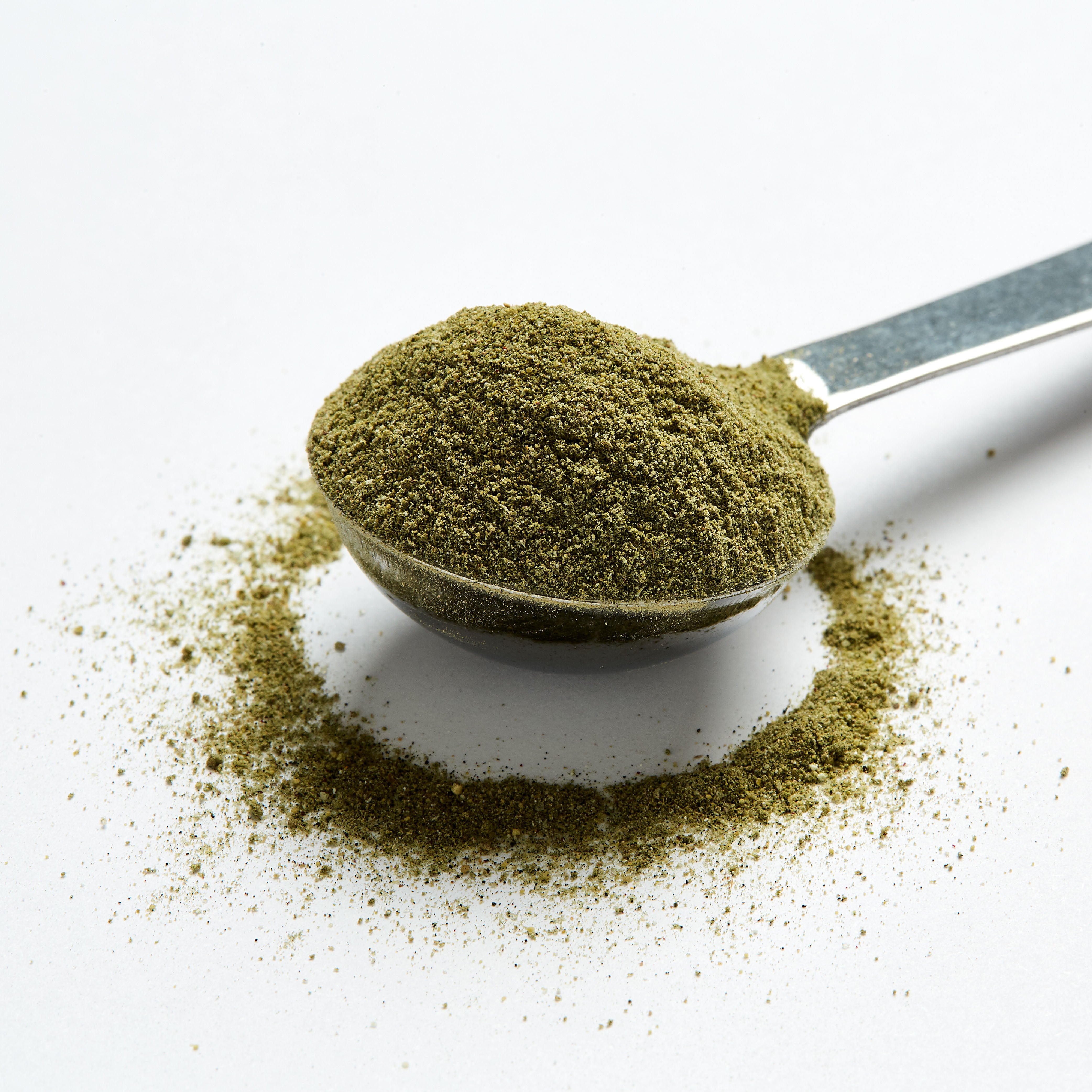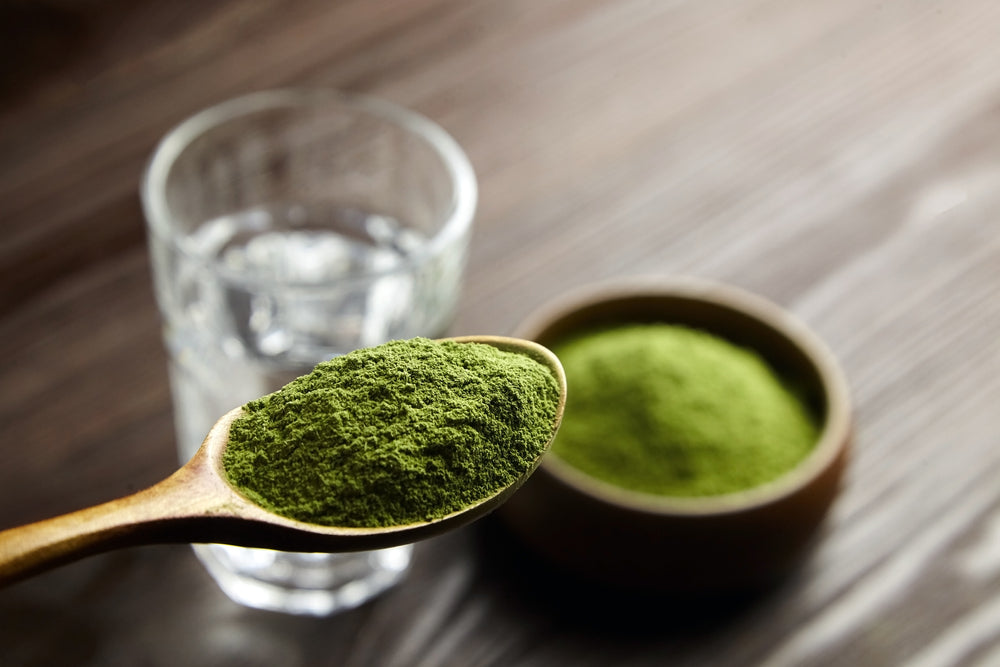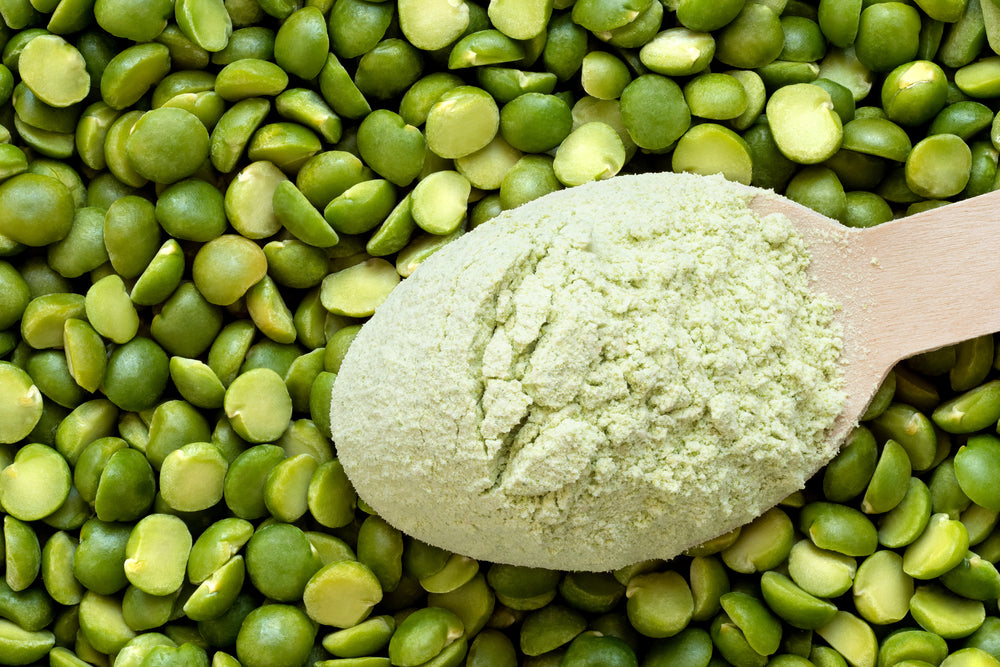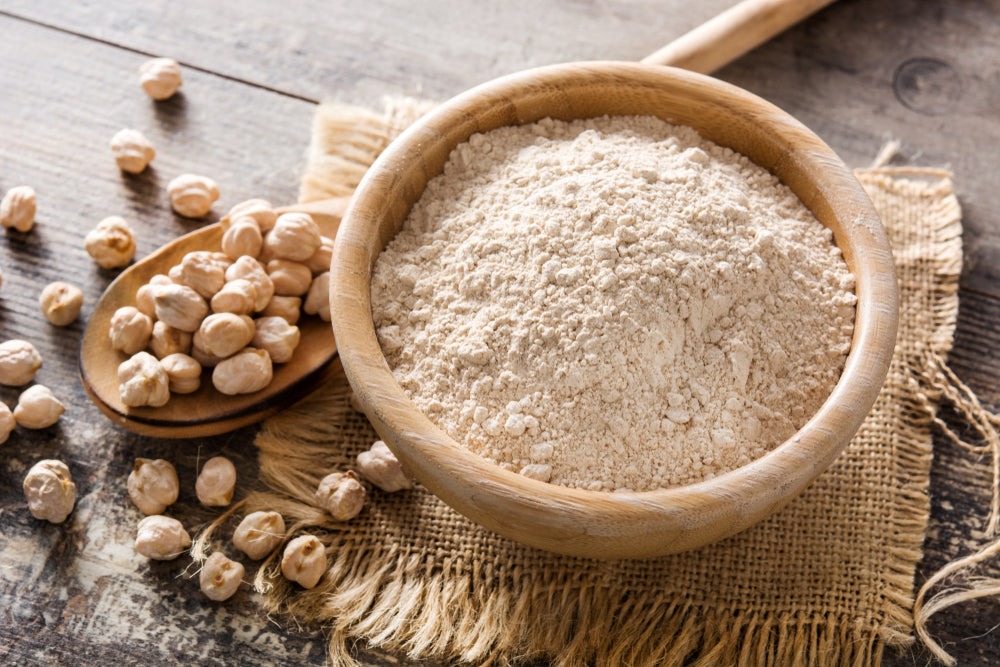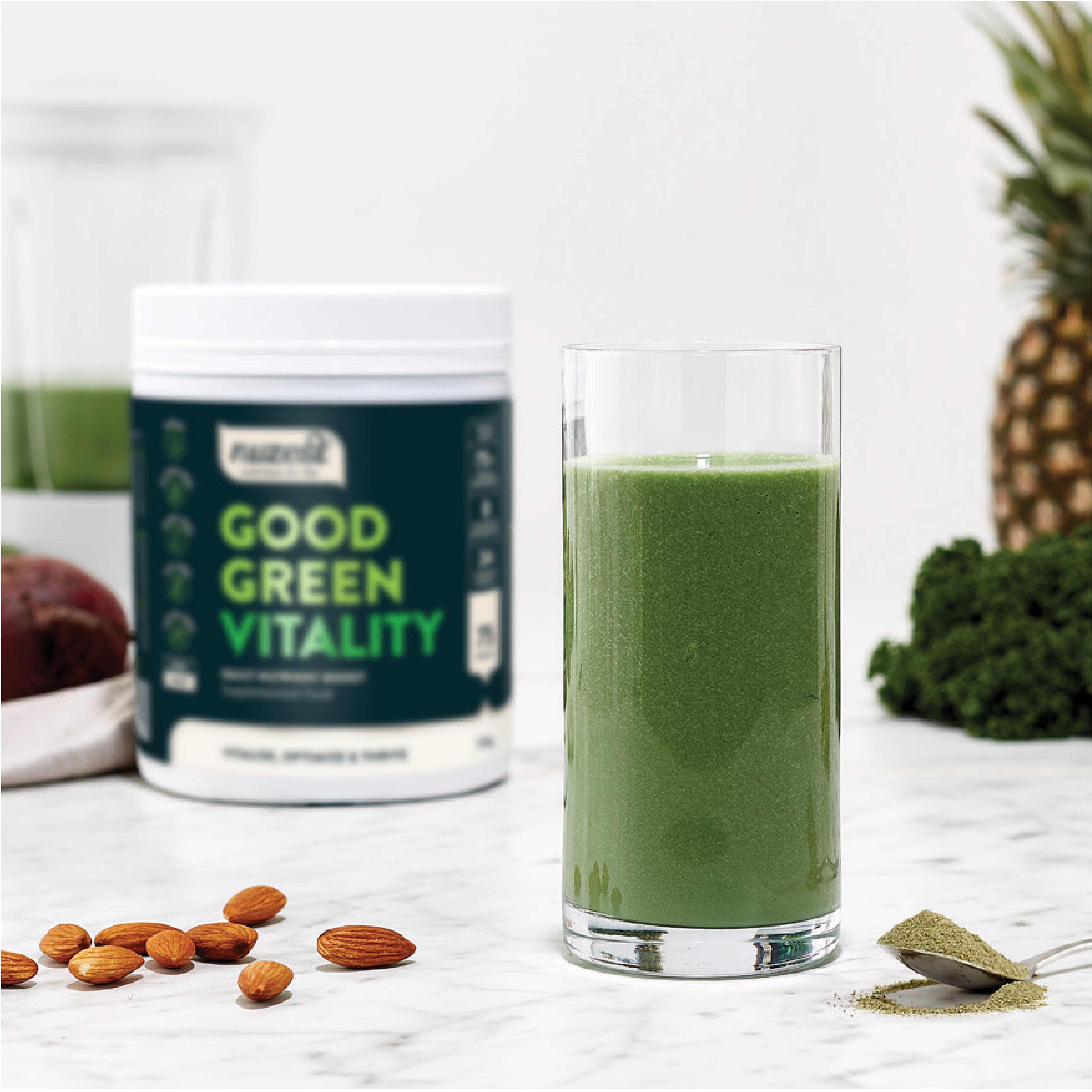Long-term health benefits can only be acquired if you take a healthy, balanced diet and ensure that you have a sound baseline of nutrients ongoing. This means your bodily functions work best when there is an intake all the necessary vitamins, minerals and nutrients to fuel your body. Therefore, you should take foods that are high in nutrients but low in calories.
Undoubtedly, a healthy weight is the major benefit of taking nutritional diet, however, there are other amazing benefits as well that cannot be ignored. These include:
- The risk of some serious ailments is considerably reduced like heart disease, stroke, diabetes, osteoporosis and few cancers
- Controls high blood pressure
- Lowers elevated cholesterol levels
- Improves overall well-being
- Strengthens immune system of the body
- Improves recovery period from any disease or injury
- Enhances energy levels
How Cumulative Stress Damages The Body Over Time?
If you are among people who persistently work under stressful scenarios then you may experience cumulative stress. When several stress factors like intense workload, communication hurdles, distress and frustrations, feelings of powerlessness, despair and hopelessness, and inability to relax; accumulate together you become a prey of cumulative stress.
This never ending chronic stress ultimately results in severe health issues. These include;
- Mental illness like personality disorders, anxiety, depression and insomnia.
- Cardiovascular diseases, like blockage of blood vessels leading to heart attack, high blood pressure or hypertension, irregular heartbeat, and stroke.
- Gastrointestinal disorders
- Obesity and diabetes
- Schizophrenia and weak immune system
Oxidative Stress And How It Damages Your Body Overtime
Oxidative stress is a result of the imbalance that occurs between the process of free radical generation and your body's capability to fight their harmful effects by neutralizing them with antioxidants. Hence, oxidative damage occurs when your body’s cells, tissues, proteins and DNA fail to stand up against the production of free radicals and severely damaged. Since these lipids, proteins and DNA are essential components of your body, this damage can cause numerous diseases over a period of time. These include:
- Diabetes
- Heart diseases and blood vessel disorders like heart attacks, heart fail and atherosclerosis
- Cancer
- Neurodegenerative disorders. For instance, Parkinson's disease, Alzheimer's disease and multiple sclerosis
- Lung problems including lung cancer
- CFS or Chronic fatigue syndrome
- Inflammatory conditions and Arthritis
- Pancreatitis
- Autoimmune diseases
- Kidney diseases
Apart from these, oxidative stress also plays a vital role in accelerating the aging process.
How Nutrients Can Address Cumulative Stress And Oxidative Damage?
Stress and anxiety along with pathogens and poor diet release free radicals in your body. Stress also causes several important vitamins and minerals to deplete from your body like vitamin C, E and B vitamins. These nutrients play a key role in maintaining over all well-being, mental health and, fighting inflammation and balancing free radicals through neutralization.
When you take low-nutrition, high-calorie, antioxidant-deficient foods, your body lacks these essential nutrients and supplements, and this aggravates the conditions of stress and anxiety. Therefore, you must include a variety of vegetables and fruits in your diet to avoid nutrients and antioxidant deficiency.For instance, you must eat; cherries, berries, citrus fruits, dark leafy greens, carrots, broccoli, olives and tomatoes.
How Exercise Is A Form Of Stress And Nutrient Depletion?
SNS (the branch of the nervous system) perceives any form of stress in our body.Whether you are doing a low intensity exercise, or a high intensity exercise, it requires support from SNS in the form of oxygen and fuel. This results in increased heart rate and high blood pressure during the workout session as cardiovascular system circulates the blood faster through the body and provide it to the tissues that require it.
The increased need of fuel and oxygen during exercise disrupts homeostasis (internal and stable environment of the body that it likes to exist in) and results in stress for the body, which also depletes nutrients present in the body.
Why Nutrients Are Significant For Women Who Exercise?
If you want to elevate your recovery after workout, and performance duringworkout, then, it is essential to fuel your body with ongoing nutrients be. For instance, Carbs aids in improving your body's ability to use glycogen to stimulatelow and high impact workout, whereas, fat plays an important role in fueling your body for longer workout sessions.
Some nutrients are very important for women who exercise, as exercise depletes nutrients, especially iron and calcium at faster rates. When you exercise or attend heavy training sessions, iron is lost through feces, urine and sweat, or while you are running.
Besides, research shows that calcium levels diminish in the blood after a workout session, whether a supplement was taken after or before exercise. When there is calcium deficiency, this increases the production of parathyroid hormones, which can lead to breakage of bones.
It can be concluded that exercise, hormonal changes, cumulative and oxidative stress deplete nutrients with time, therefore, maintaining a baseline of ongoing nutrients is a foundation for long term health.







